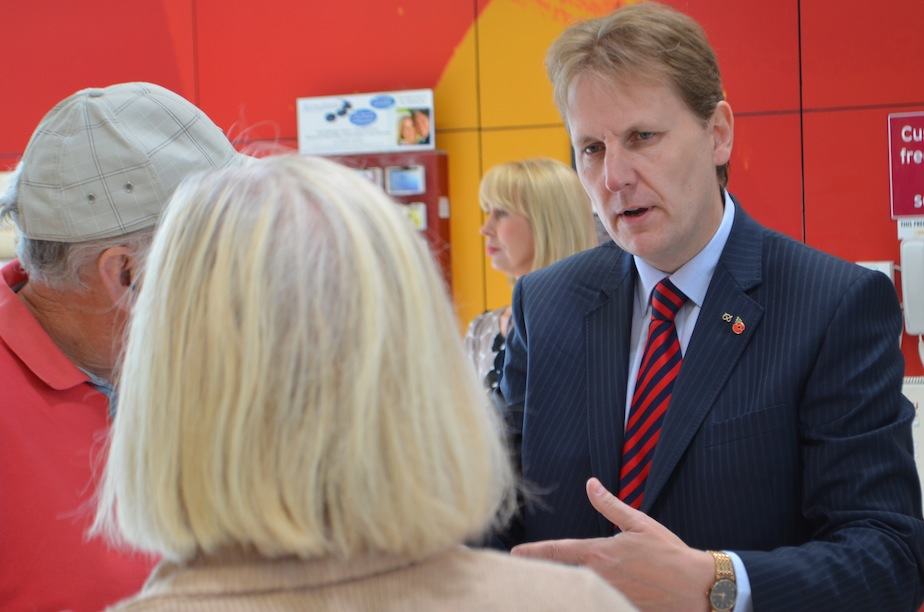Bringing organisations together to prevent and reduce offending and make communities safer is a shared ambition across public services in Staffordshire and Stoke-on-Trent.
Matthew Ellis, Police and Crime Commissioner for Staffordshire, has far-reaching plans for a fully integrated system where criminal justice and community safety services provided by different agencies are aligned towards common goals.
Nationally, 50 per cent of all crime is committed by ‘career’ offenders who, typically, by the age of 40 will have cost the system £500,000 each. In Staffordshire alone, the costs of offending is £250 million a year. Tackling offending and re-offending is one of the four priorities in the Commissioner’s five-year Safer, Fairer, United Communities strategy and a robust multi-agency approach is needed.
A new multi-agency Offender Management Board met for the first time last week bringing together a broad range of partners including representatives from Staffordshire Fire Service, Staffordshire Police, the voluntary sector, Her Majesty’s Prison Service, Her Majesty’s Courts, Youth Offending Services, local authorities, Probation, Community Rehabilitation Company, Chamber of Commerce, Keele University and Public Health Teams.
The board is taking a true partnership approach with the ultimate aim of jointly commissioning services and aligning budgets to prevent and reduce offending. The PCC has put £500,000 on the table to ‘pump prime’ the process and encourage further funding from other organisations.
The board’s purpose is to ensure that offender programmes are delivered in a co-ordinated way in appropriate communities across Staffordshire and Stoke-on-Trent. A joint approach will address root causes and break the cycle of crime in families with a history of offending, so that over time there will be less crime, safer communities and fewer offenders.
A review of needs and offending services will now follow to identify duplication and to make sure money is being spent in the right places.
While taking a tough line with offenders who don’t want to change their behaviour, the approach is geared to supporting those who want to rehabilitate in ways that encourage greater independence and personal responsibility.
Mr Ellis said: “I’m confident that this is another example of agencies beginning to share responsibility and combine budgets around important themes such as offending.
“It’s not easy but is starting to show that there is clear joined-up ambition to do better, to spend public money in a co-ordinated way and work towards common goals.
“This is not about being soft on offenders and a tough line will be taken with those who don’t want to change their ways. It is geared towards supporting those who do want to reform their lives and breaking the cycle of offending that blights communities and costs the tax-payer millions of pounds.
“It’s about making sure that money and resources are directed to the areas that need them the most which will ultimately lead to better outcomes for local communities.”



